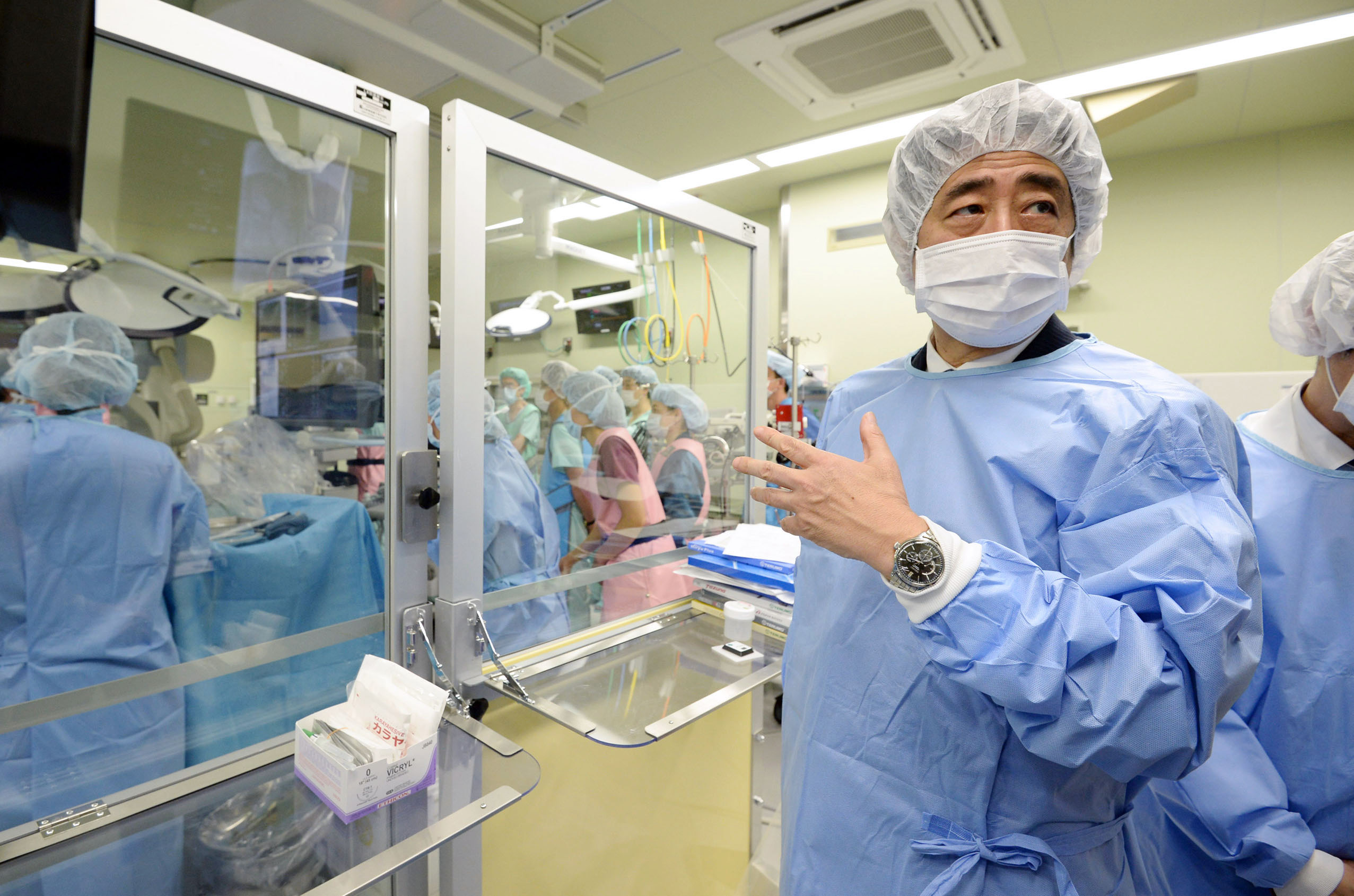In March 2007, the city of Yubari in Hokkaido became the first Japanese municipality to declare bankruptcy, letting loose a flood of media coverage characterized by expressions of sympathy for residents. Yubari's debt had reached ¥63 billion, the result, according to national press reports, of an inept, self-serving local government. Monta Mino, the busiest man on TV at the time, visited the town himself and produced a program that commiserated with locals on their suffering at the hands of "politics."
One fixation was the loss of vital medical services, since hospitals had to cut staff and clinics were closing or moving. Old people and the chronically ill were left to die, it was implied, but Dr. Tomohiko Murakami, who used to run the city hospital, says this was mostly fiction. In his book "Iryo ni Takaru na" ("Don't Be a Medical Parasite"), Murakami pins Yubari's fiscal problems on its residents.
Yubari was once the wealthiest mining region in Japan. Contrary to the image of coal-producing towns as dark, dirty places, it was a city of 116,000 people whose standard of living in the 1960s and '70s was higher than the Japanese average. The companies that grew rich from their employees' labors provided them with free housing, free utilities, free medical care and even free movie tickets.



